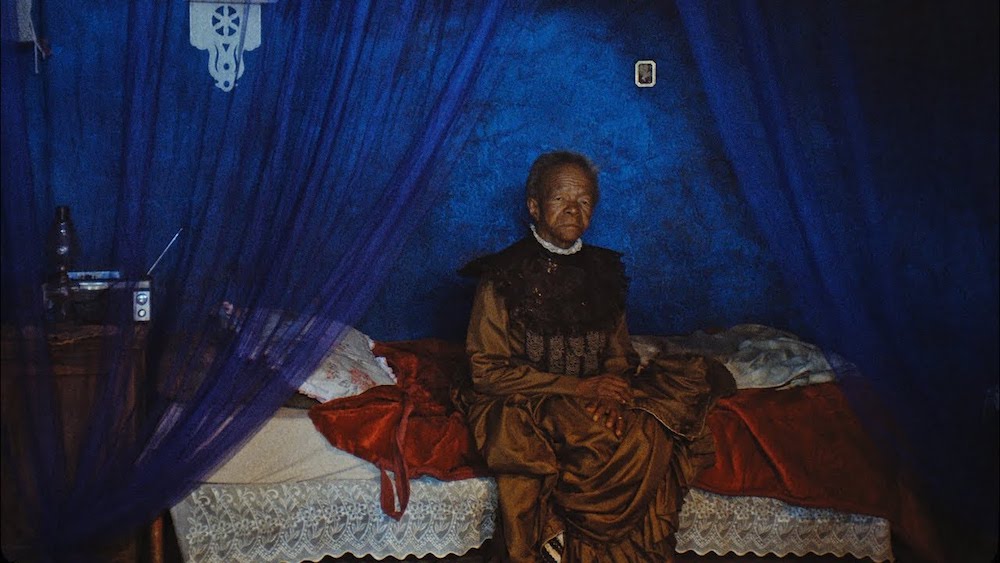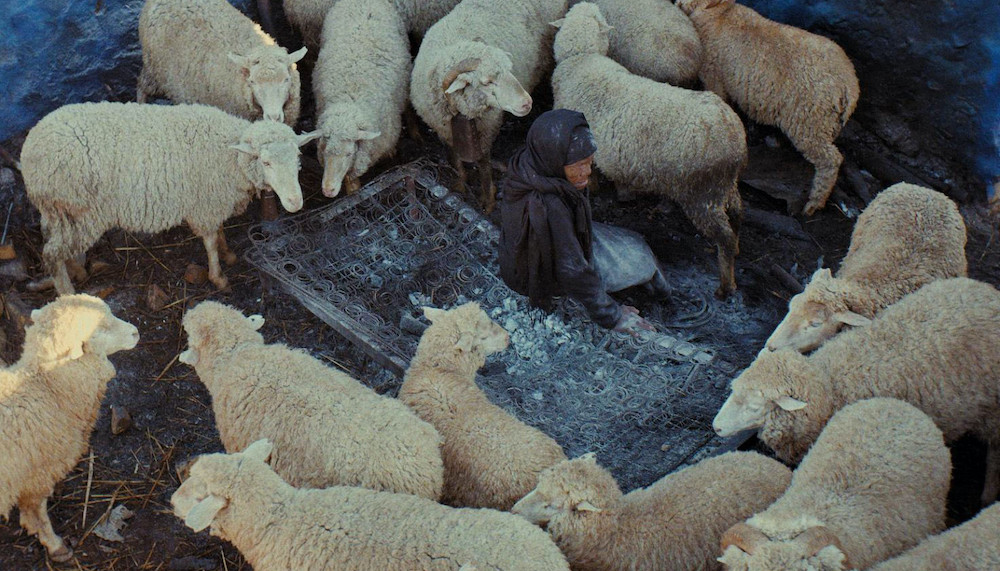
This short piece on the Lesothan film This Is Not a Burial, It’s a Resurrection is part my Observer column, 6 December 2020.
There is no cinema in Lesotho. But Lesotho now has a film entered for the Best International Feature Film category at next year’s Oscars.
Lemohang Jeremiah Mosese’s This Is Not a Burial, It’s a Resurrection tells the story of 80-year-old Mantoa, grief-stricken after the deaths first of her husband, then of her daughter and, finally, her son, a migrant mineworker in neighbouring South Africa. Having lost everything, Mantoa is preparing to die herself and makes arrangements for her funeral. Then she discovers that her village is to be destroyed to make way for a reservoir. Defying the development becomes her new purpose for living.
It’s a strange, poetic, haunting, surreal film that relies as much on imagery and emotion as on narrative and plot. It’s a film about belonging and purpose, about the relationship between the living and the dead, about the defiance of the authorities and progress. It’s ambiguous and unsettling, a film modernist in form but anti-modernist in theme. “The dead bury their own dead,” as the narrator says. It’s a film framed by its own tragedy – Mary Twala Mhlongo, who plays Mantoa, herself died this year.

In the year of Covid, film-making has largely been put on hold. The closure of cinemas for much of the year, and the decision by Warner Bros to stream its films next year, has helped underline both their importance as a public space and the incomparable experience of collectively watching a film. All this makes a film from a country without a tradition of film-making, or even of film-watching, even more special.
Whether This Is Not a Burial, It’s a Resurrection makes it on to the Oscar shortlist remains to be seen. But one day, hopefully, Lesothans will be able to see it in a cinema in their own country.

